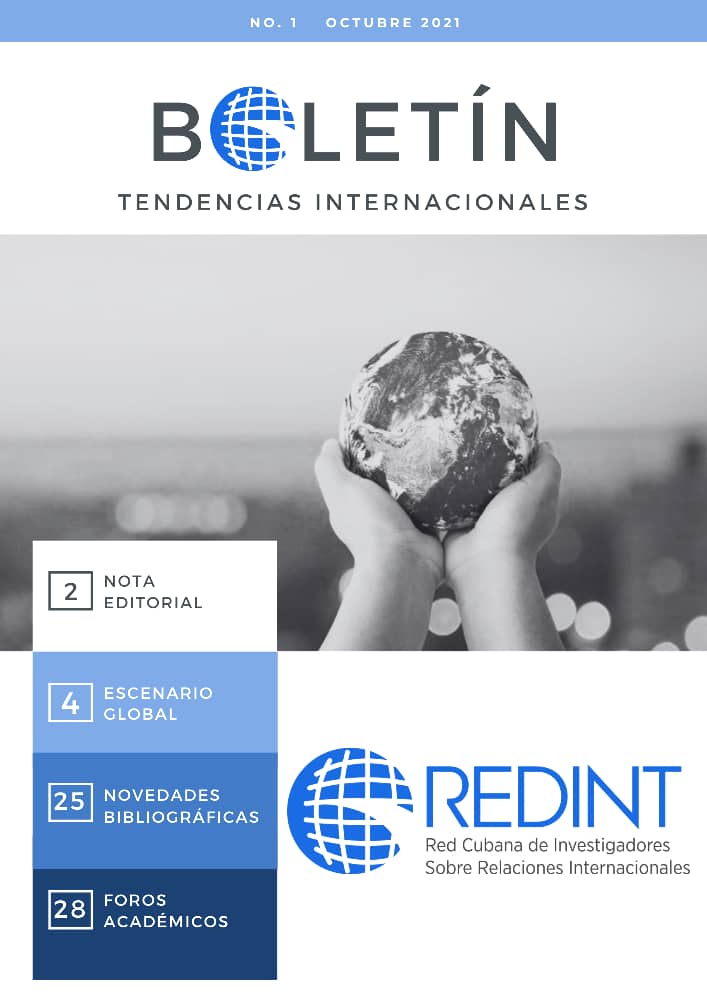Munich Security Report 2022
The 2022 edition of the Munich Security Report covers security challenges in Afghanistan, the Sahel region, the Horn of Africa, and Eastern Europe, as well as risks posed by dependencies in the supply chains of critical technologies and by growing inequality
Summary: 2021 was clearly not a year for geopolitical optimism. Whether it was the seemingly endless coronavirus pandemic, the increasingly tangible threat of climate change, the vexing vulnerabilities of an interconnected world, or rising geopolitical tensions, all these challenges added up to a feeling of a loss of control.
As data from the Munich Security Index 2022 shows, since the last wave of research on risk perceptions in February and March 2021, concern about risk has not only grown among societies in the G7 and BRICS countries. There is also a widespread sense of helplessness in the face of present and looming threats among the twelve countries surveyed. Liberal democracies appear to feel particularly overwhelmed. The new Munich Security Report (MSR) argues that just like people can suffer from “learned helplessness” – a psychological term describing the feeling that nothing one does can effect positive change – societies, too, may come to believe that they are unable to get a grip on the challenges they are facing. This belief, the report warns, may turn into a self-fulfilling prophecy, and prevent the world from addressing the most important crises before it is too late.
The 2022 edition of the Munich Security Report covers security challenges in Afghanistan, the Sahel region, the Horn of Africa, and Eastern Europe, as well as risks posed by dependencies in the supply chains of critical technologies and by growing inequality. While the challenges are real, the report argues, the tools and resources needed to address them are, in fact, available. Transatlantic leaders need to revive the optimism and momentum palpable in the early days of the Biden administration. If they can “unlearn helplessness” and demonstrate that democracies can still deliver, they have a chance to turn the tide.





Déjanos tu comentario